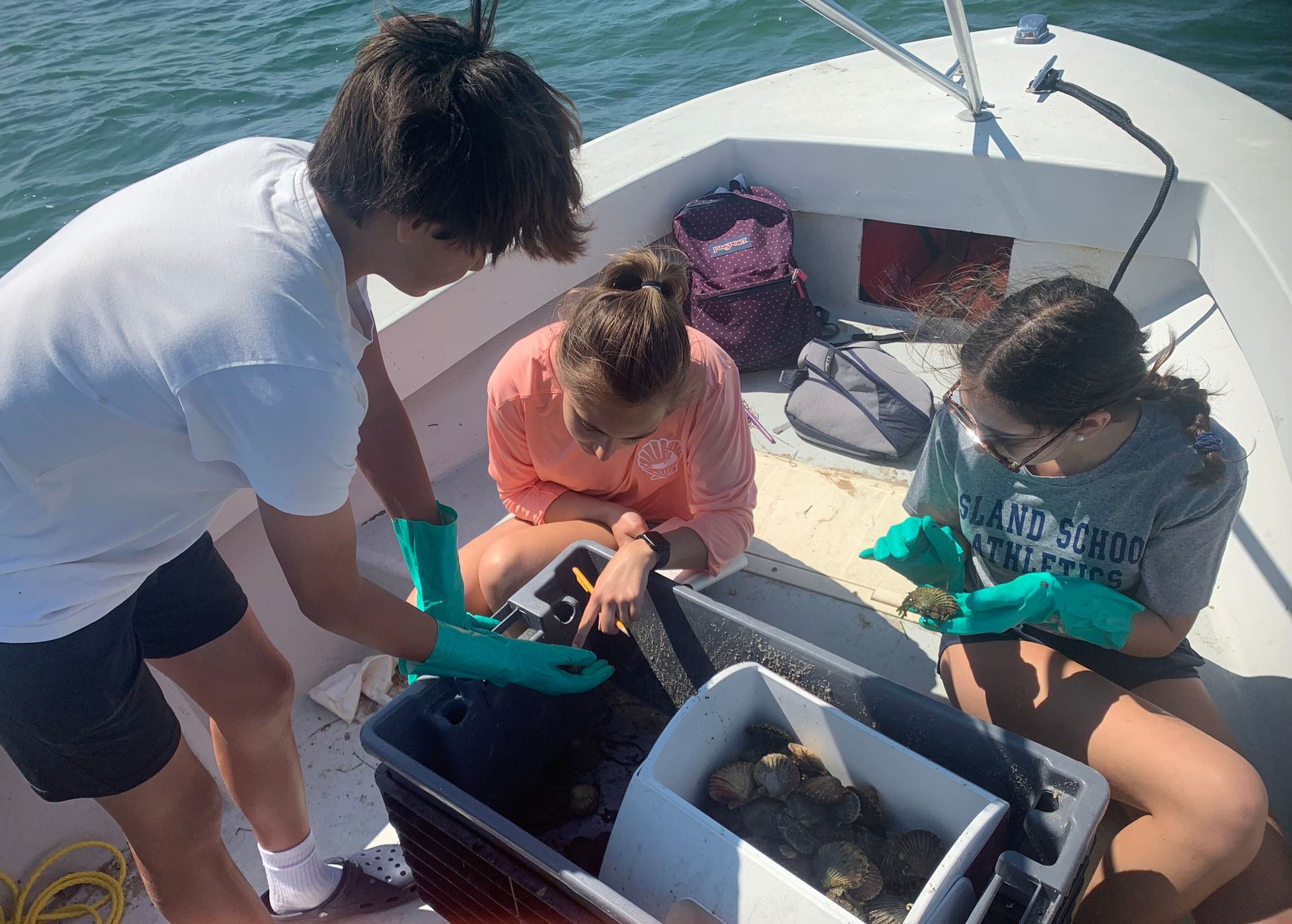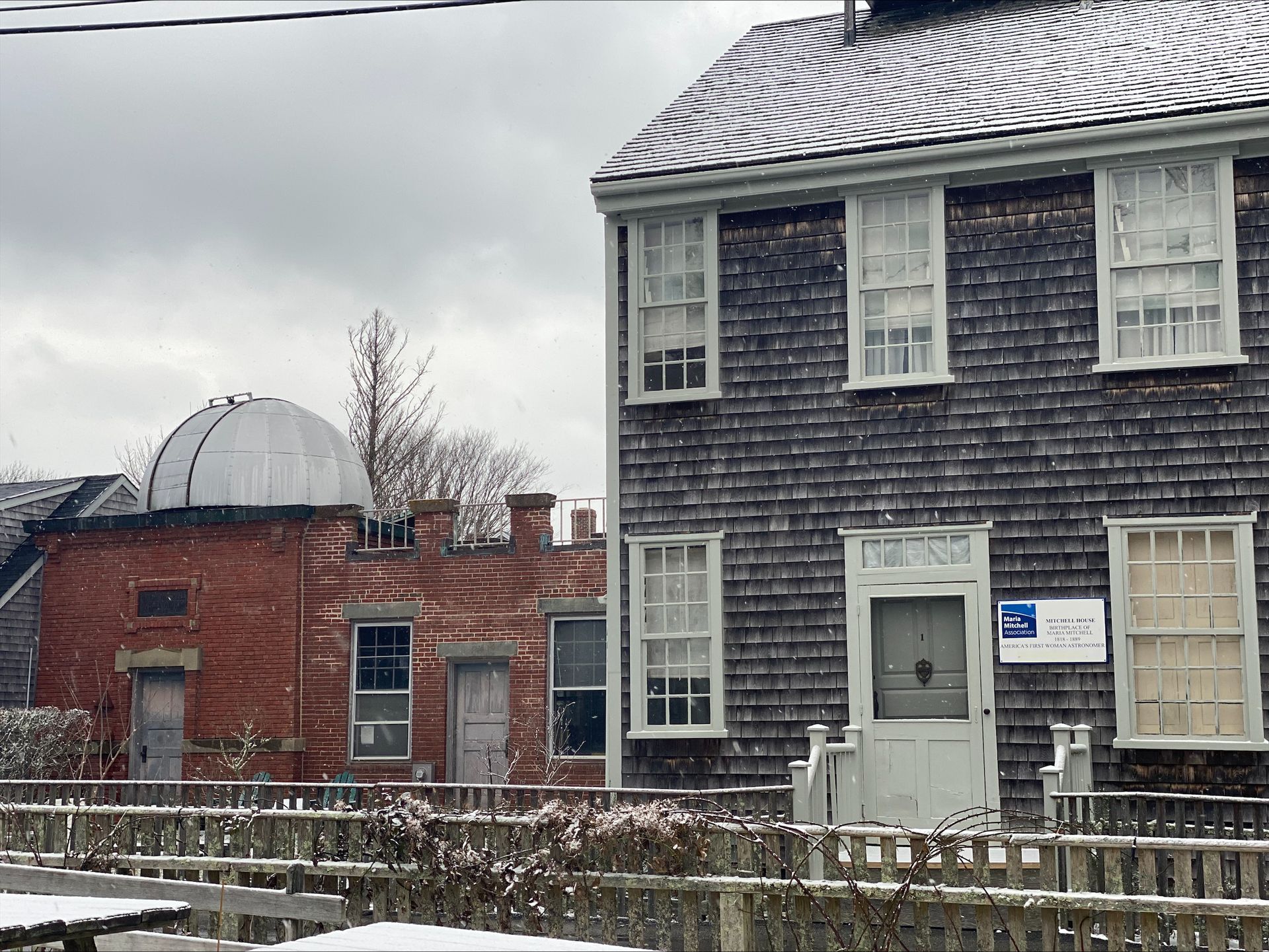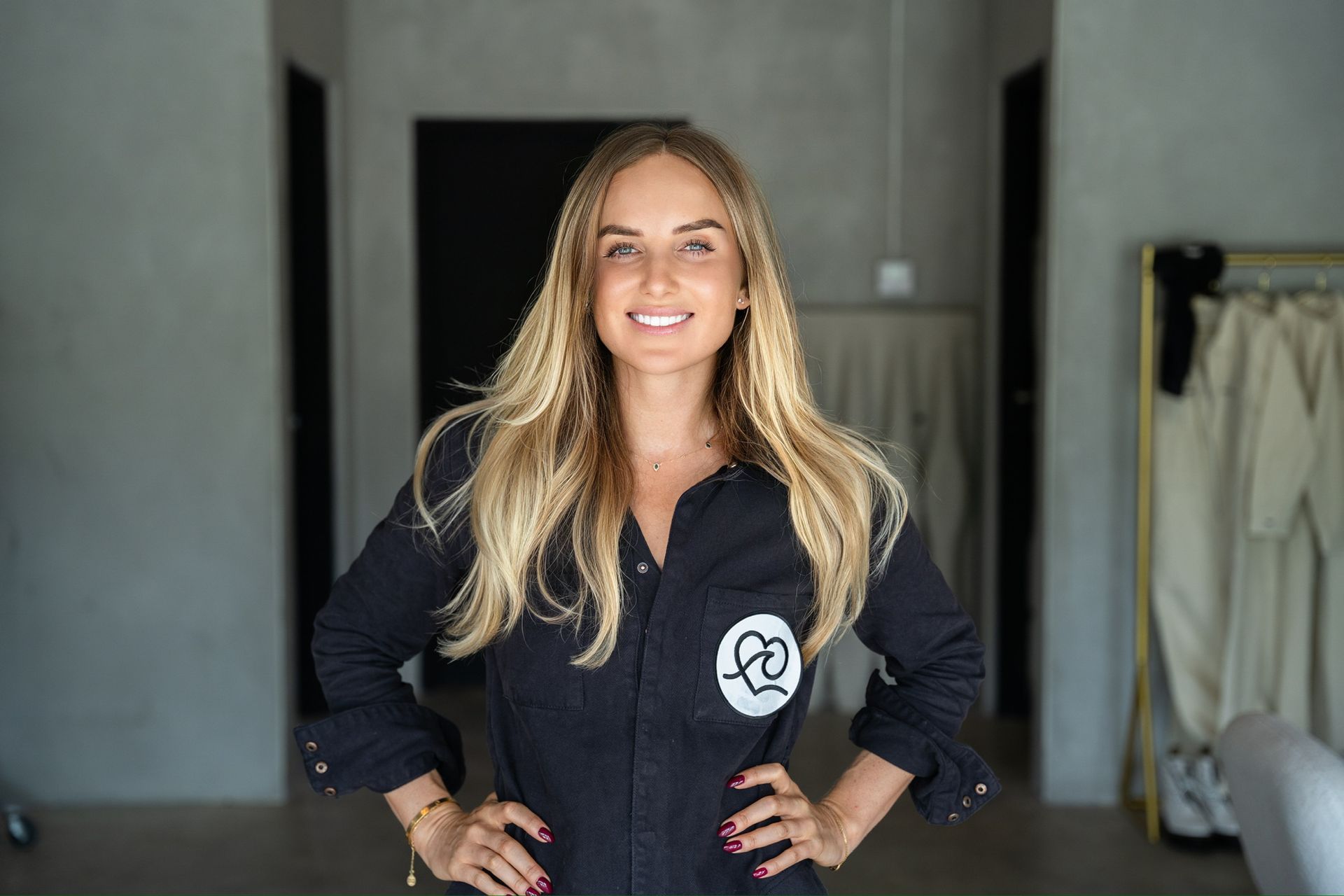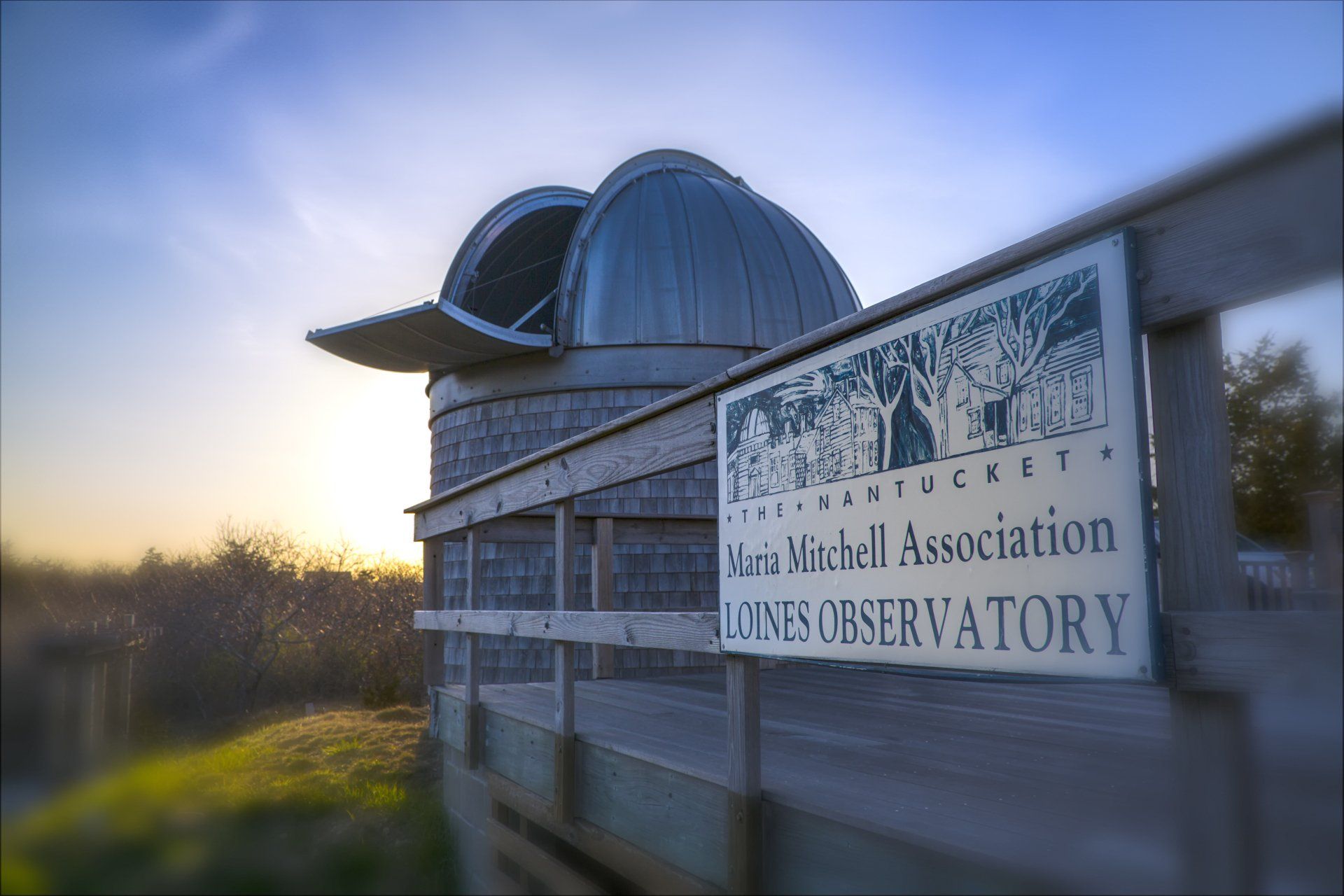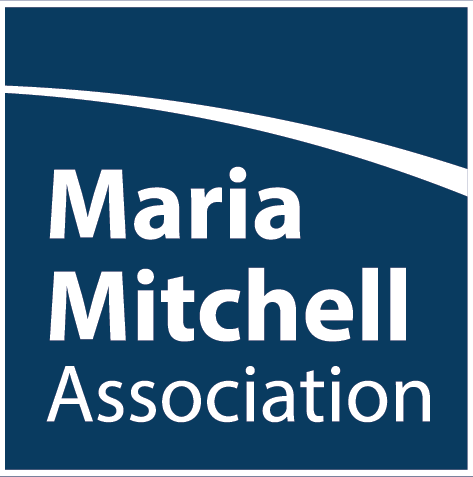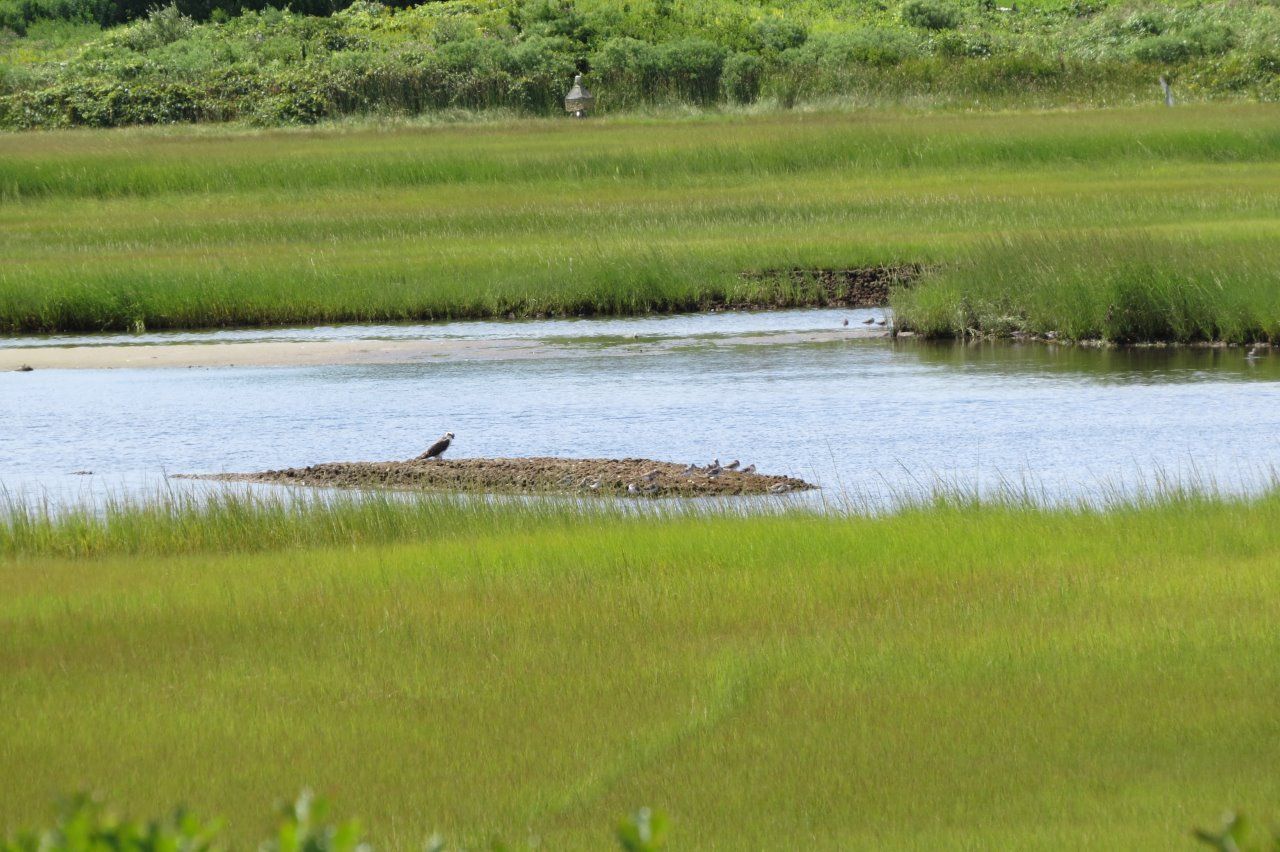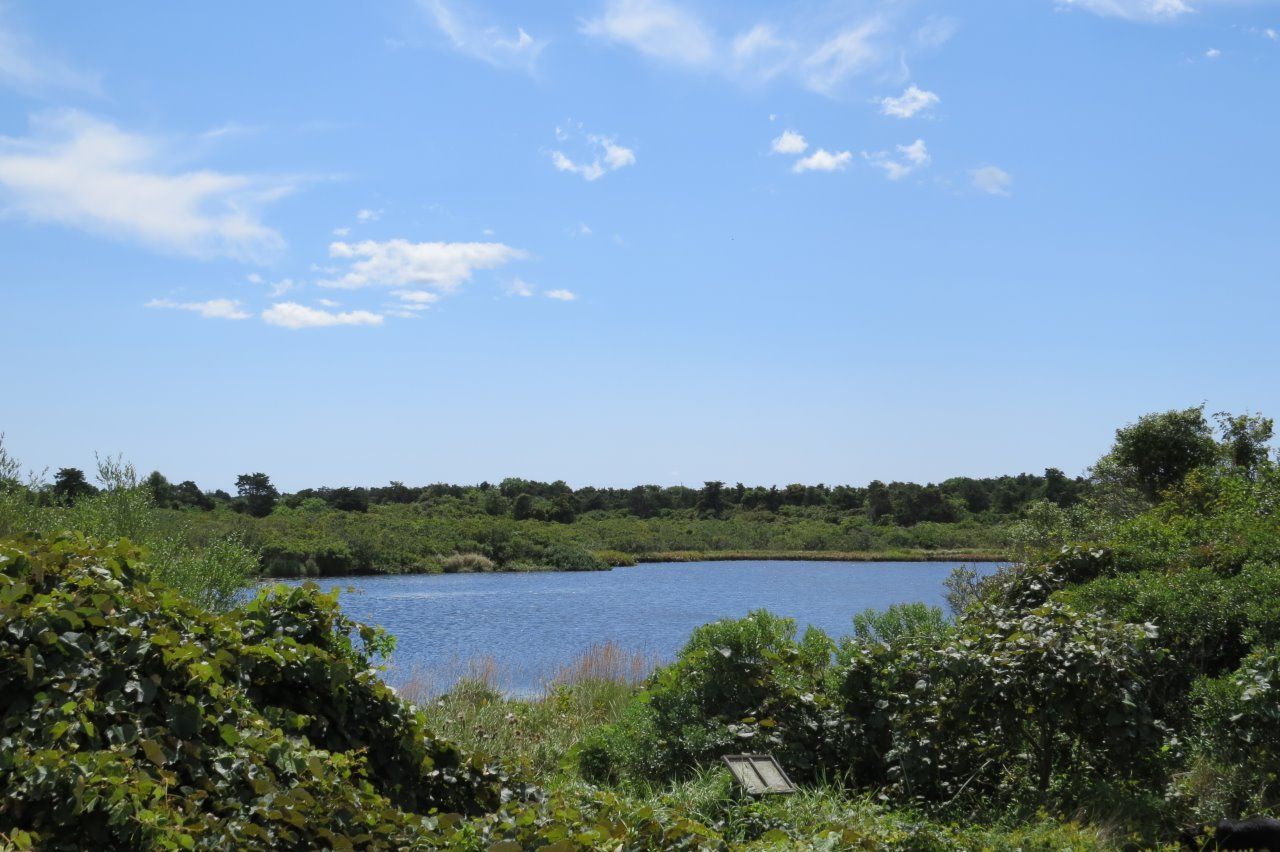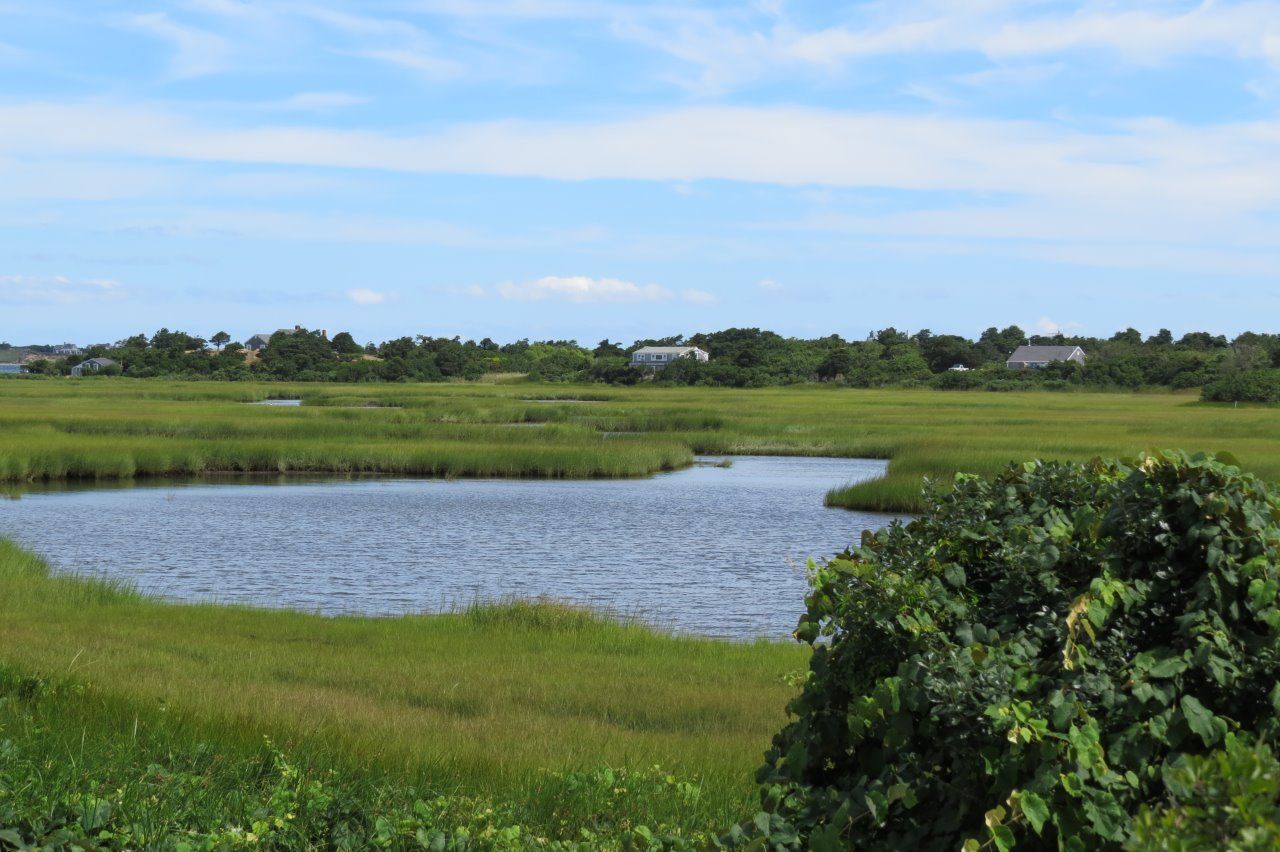April 15, 2025
NANTUCKET, MA—The Nantucket Maria Mitchell Association (MMA) is proud to announce its 2025 Marine Science Research and Mentoring Program for students grades eight through twelve. In collaboration with the Great Harbor Yacht Club Foundation (GHYCF), the Nantucket Shellfish Association (NSA), and the Town of Nantucket Natural Resources Department Brant Point Shellfish Hatchery (ToN BPSH), the Marine Science Research and Mentoring Program is an immersive two-week marine science program for students passionate about marine science and environmental stewardship. This summer, the program will include various interactive activities with an extraordinary opportunity to engage in real-world Nantucket Bay Scallop science research, gain hands-on experience in field studies, and work alongside expert mentors in a dynamic scientific environment all while giving students a comprehensive understanding of marine biology and environmental science. Instituted in 2016 by Dr. Valerie Hall, the program will continue this summer with a special emphasis on the impact of climate change on the timing of bay scallop reproduction and larval development and include a special focus on economic impact of the last remaining wild fishery. The program will offer a unique blend of professional guidance, scientific exploration, and academic career development. Participants will have the chance to contribute to ongoing Nantucket Bay Scallop research, assist in data collection, and learn about marine ecosystems and conservation strategies. As part of their mentoring experience, students will be paired with expert mentors, receiving personalized support and academic advice. For more details on the program and application instructions, visit the Maria Mitchell Association website. Program Dates and Application Process: The Marine Science Research and Mentoring Program will run across five, two-week sessions during the summer of 2025. The sessions are as follows: • Session I: June 16 - June 27 • Session II: June 30 - July 11 • Session III: July 14 - July 25 • Session IV: July 28 - August 8 • Session V: August 11 - August 22 Each session runs Monday through Thursday from 9am to 1pm, with extended hours on Fridays from 9am to 3pm. For Session II, the hours will be adjusted to Monday through Thursday, 9am to 1:30pm, with a special Friday schedule on Thursday July 3rd from 9am to 3pm to accommodate the July 4th holiday. Registration is on a first-come, first-served basis and students are encouraged to apply early for their preferred session. To register, visit the MMA’s registration page here . Scholarship Opportunities: Through generous grants from the Nantucket Shellfish Association (NSA) and the Great Harbor Yacht Club Foundation (GHYCF), the Marine Science Research and Mentor program has available varying scholarships for Nantucket. These scholarships are intended to assist with program costs, ensuring that more local students have the opportunity to gain experience in marine science and research. History of the Bay Scallop Research and Mentor Program: Founded by Director Emeritus, Dr. Valerie Hall and since its inception in 2016, the program’s predominant focus has been on population, ecology, and reproductive biology of the Nantucket Bay scallop (Argopecten irradians). The program has since served over sixty students since 2016, ranging in age from eleven to twenty-two. Students participate in all aspects of ongoing research, as well as designing and carrying out their own independent projects, and enhancing both their scientific method, written, and oral communication skills. Support and Sponsors: This exciting program is made possible through the generous support of both paid and in-kind sponsors, including the Great Harbor Yacht Club Foundation, the Nantucket Shellfish Association, the Town of Nantucket Natural Resources Department, local businesses, and individual donors who are committed to advancing marine science education and conservation on Nantucket. About the Maria Mitchell Association: The Maria Mitchell Association was founded in 1902 to preserve the legacy of Nantucket native astronomer, naturalist, librarian, and educator, Maria Mitchell. After she discovered a comet in 1847, Mitchell’s international fame led to many achievements and awards, including an appointment as the first female professor of astronomy at Vassar College. Maria Mitchell believed in “learning by doing” and today that philosophy is reflected in the MMA’s mission statement, programs, research projects, and other activities. The Maria Mitchell Association operates two observatories, a natural science museum, an aquarium, a research center, and preserves the historic birthplace of Maria Mitchell. A wide variety of science and history-related programming is offered throughout the year for people of all ages. ###
